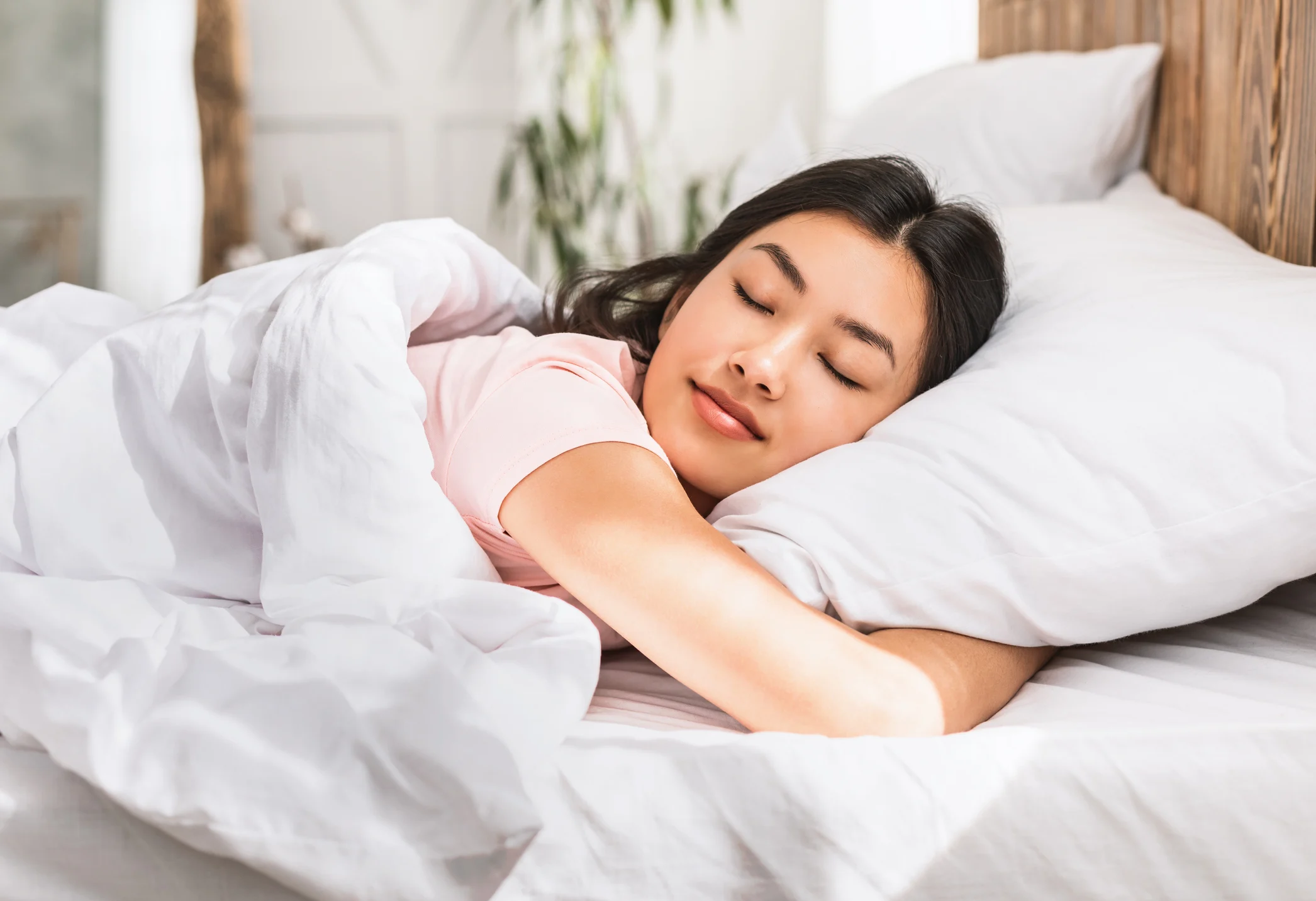Achieving a good night’s sleep is fundamental to maintaining overall well-being. Yet, in our fast-paced and often stressful lives, quality sleep can sometimes be elusive. In this comprehensive guide, we explore a wealth of Proven Tips for Better Sleep. From establishing healthy sleep habits to creating an optimal sleep environment, these strategies are designed to enhance the quality and duration of your nightly rest, ultimately contributing to improved physical and mental health.
1. Prioritize Consistent Sleep Schedule:
Maintaining a consistent sleep schedule is crucial for regulating your body’s internal clock. Aim to go to bed and wake up at the same time every day, even on weekends. This consistency helps reinforce your body’s natural sleep-wake cycle, promoting a more restful and predictable sleep pattern.
2. Create a Relaxing Bedtime Routine:
Establishing a calming bedtime routine signals to your body that it’s time to wind down. Engage in activities that promote relaxation, such as reading a book, practicing gentle stretching or meditation, or taking a warm bath. Consistently following a relaxing pre-sleep routine can cue your body to transition into a more restful state.
3. Optimize Your Sleep Environment:
Design your bedroom to be a sleep sanctuary. Ensure your mattress and pillows are comfortable and supportive. Control the room temperature, keeping it cool and well-ventilated. Consider blackout curtains to block out any intrusive light, and minimize noise with earplugs or white noise machines if needed. A comfortable and quiet sleep environment can significantly enhance your ability to rest deeply.
4. Be Mindful of What You Eat and Drink:
Avoid heavy meals, caffeine, and nicotine close to bedtime. These substances can disrupt sleep patterns and make it harder to fall asleep. Instead, opt for a light snack if you’re hungry before bedtime. Additionally, stay hydrated but limit your fluid intake in the evening to reduce the likelihood of disruptive trips to the bathroom during the night.
5. Limit Screen Time Before Bed:
The blue light emitted by screens on electronic devices can interfere with your body’s production of the sleep-inducing hormone melatonin. Aim to reduce screen time at least an hour before bedtime. Consider reading a physical book instead of an e-book or engaging in non-screen activities to promote a more relaxed transition into sleep.
6. Get Regular Exercise:
Regular physical activity has been linked to better sleep quality. However, it’s essential to time your exercise routine appropriately. Exercising too close to bedtime may have a stimulating effect, so aim to finish moderate to vigorous workouts at least a few hours before bedtime. Gentle activities such as yoga can be beneficial closer to bedtime.
7. Manage Stress and Anxiety:
High-stress levels and unresolved anxiety can significantly impact your ability to sleep well. Incorporate stress-reducing practices into your daily routine, such as mindfulness meditation, deep breathing exercises, or progressive muscle relaxation. Addressing stressors during the day can contribute to a calmer mind at night.
8. Evaluate Your Mattress and Pillows:
Your mattress and pillows play a crucial role in your sleep quality. If your mattress is old or uncomfortable, it may be time for an upgrade. Pillows that provide adequate support for your neck and spine can prevent discomfort and improve overall sleep comfort. Choose bedding that suits your preferences for firmness and material.
9. Establish a Comfortable Sleep Temperature:
Finding the right sleep temperature is essential for a comfortable night’s rest. Most people sleep best in a cool room, typically between 60 and 67 degrees Fahrenheit (15-20 degrees Celsius). Experiment with different bedding and room temperature adjustments to discover the optimal conditions for your personal comfort.
10. Limit Naps During the Day:
While short naps can be rejuvenating, long or irregular napping during the day can interfere with nighttime sleep. If you need to nap, aim for a short nap of 20-30 minutes early in the day. This can help combat fatigue without negatively impacting your ability to fall asleep at night.
11. Consult with a Healthcare Professional:
If you consistently struggle with sleep despite implementing various strategies, consider consulting with a healthcare professional. Chronic sleep issues may be indicative of an underlying health condition such as insomnia, sleep apnea, or anxiety disorders. A healthcare provider can help identify and address specific concerns, providing tailored guidance for better sleep.
12. Limit Stimulants in the Evening:
Beyond caffeine and nicotine, be mindful of other stimulants in the evening. This includes avoiding stimulating activities such as intense exercise, engaging in heated discussions, or watching thrilling movies close to bedtime. Opt for calming activities that promote relaxation instead.
13. Invest in Comfortable Bedding:
The quality of your bedding can significantly impact your sleep experience. Invest in comfortable sheets, blankets, and pillowcases made from materials that feel pleasant against your skin. Creating a cozy and inviting bed can enhance the overall comfort of your sleep environment.
14. Consider Sleep Supplements with Caution:
While some people find relief from sleep supplements or herbal remedies, it’s crucial to approach them with caution. Consult with a healthcare professional before using any sleep aids, as they can interact with medications or have unintended side effects. Natural remedies like chamomile tea or melatonin supplements may be worth exploring under professional guidance.
15. Practice Gratitude or Journaling:
Incorporating gratitude practices or journaling into your bedtime routine can help calm the mind. Reflecting on positive aspects of your day or jotting down any lingering thoughts can promote a sense of closure, making it easier to relax and transition into a peaceful sleep.
Conclusion: Your Personal Path to Restful Sleep
Enhancing the quality of your sleep involves a combination of lifestyle adjustments, environmental considerations, and Proven Tips for Better Sleep. By incorporating these proven tips into your routine, you embark on a journey toward better sleep and, subsequently, improved overall well-being. Remember that individual responses to sleep strategies vary, so it may take some experimentation to find the combination that works best for you. Embrace the journey towards restful nights, and prioritize the importance of a good night’s sleep


